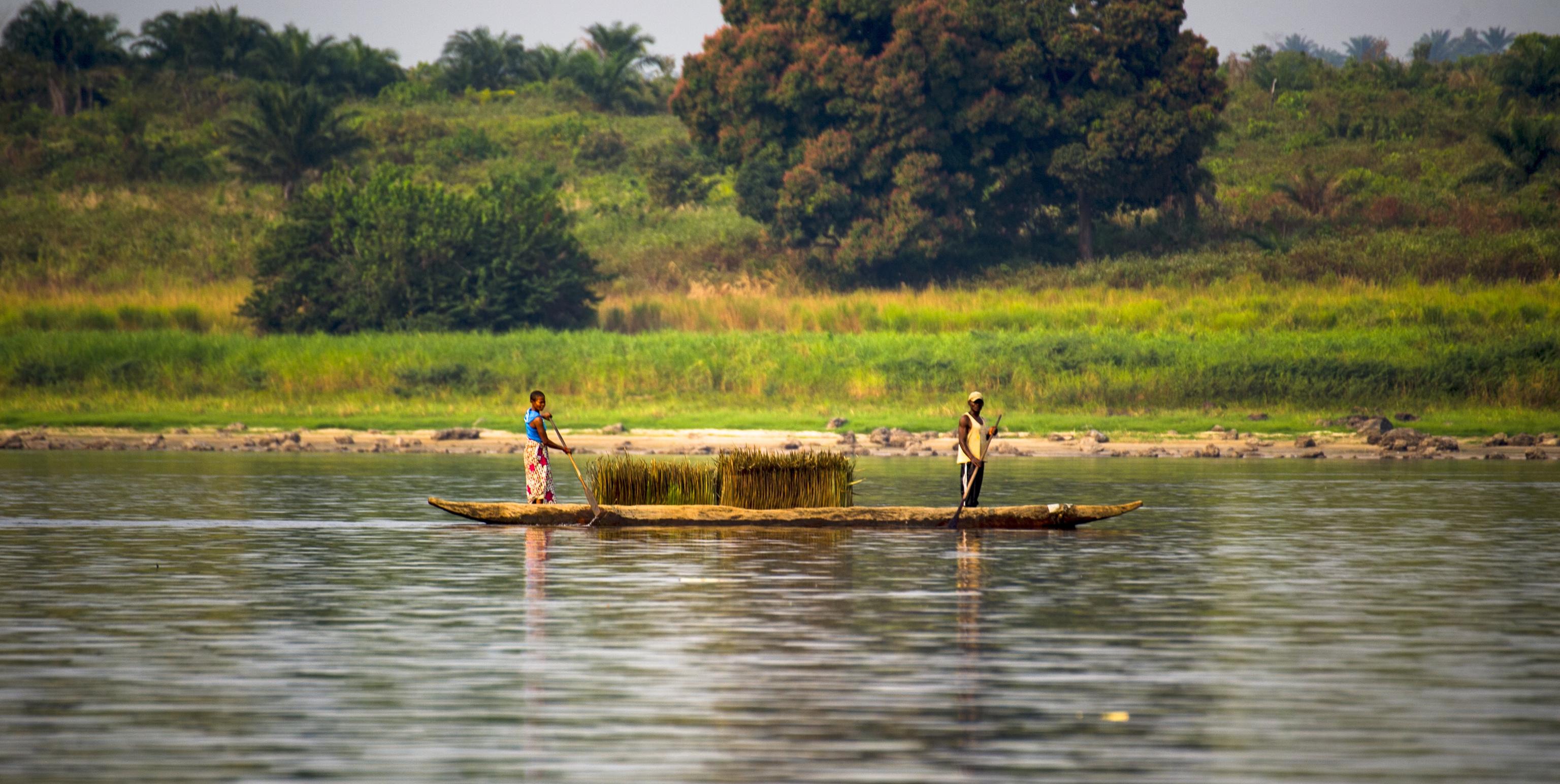


 Photo: Congo River, Ollivier Girard/CIFOR
Photo: Congo River, Ollivier Girard/CIFOR
We’ve seen the shocking statistics: We’ve seen the shocking statistics:
By 2025, the number of people living
By 2025, the number of people living with water scarcity is projected to with water scarcity is projected to reach 4 billion. reach 4 billion.
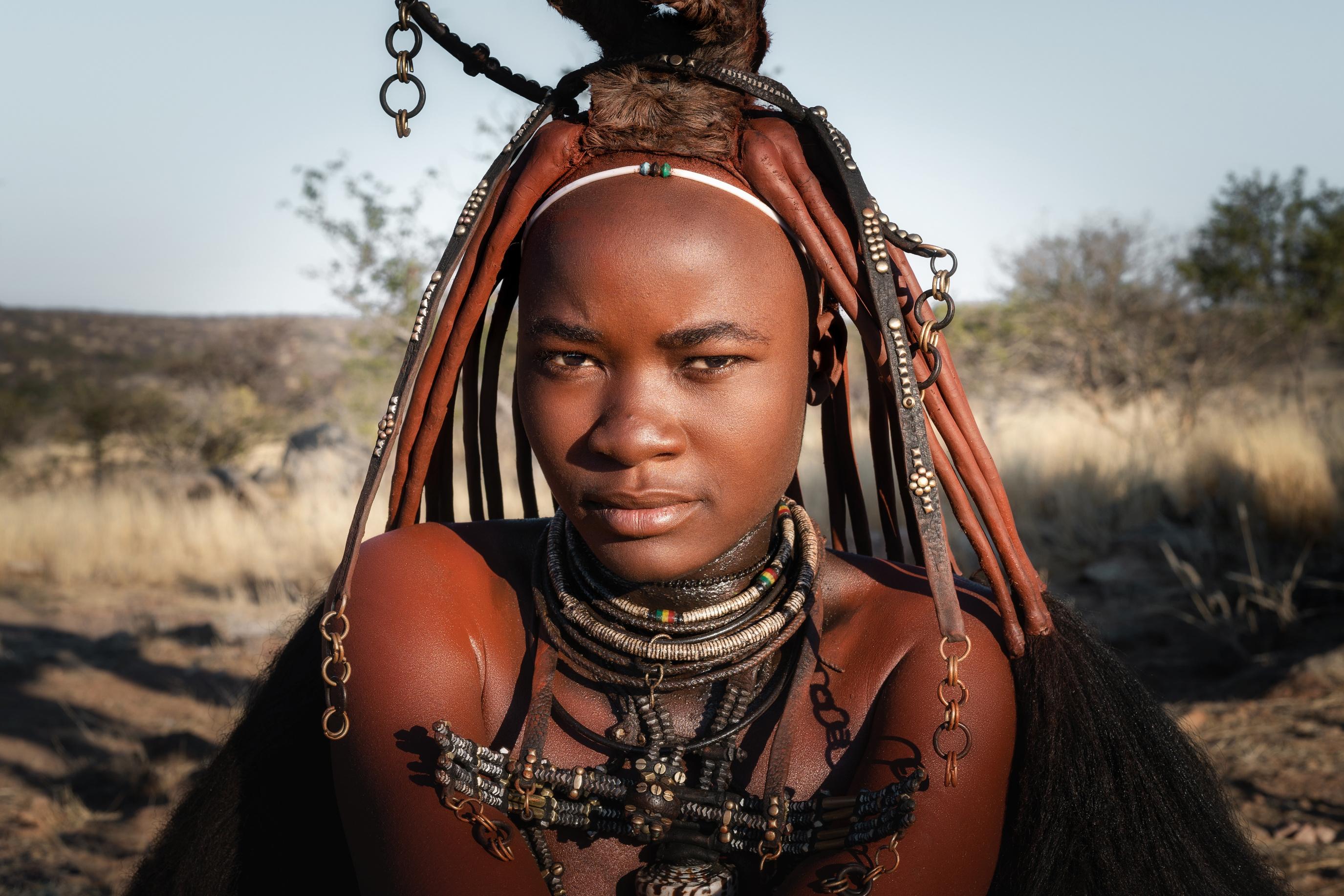
Rivers, lakes, and freshwater
Rivers, lakes, and freshwater ecosystems are the world's most ecosystems are the world's most degraded ecosystems, and climate degraded ecosystems, and climate change has made matters worse. change has made matters worse.
But there is a charted course forward.
Source: WWF
Photo: Himba woman, Namibia R M Nunes
We know that the healthiest natural know that the healthiest natural environments are those in which environments are those in which Indigenous and local peoples' rights are Indigenous local rights are protected. protected.
In 2022, you stood shoulder-to-shoulder
In 2022, you stood shoulder-to-shoulder with local and Indigenous river with local and Indigenous river defenders–especially women–to make defenders–especially women–to make a difference for rivers for the sake of a difference for rivers for the sake of our planet. our
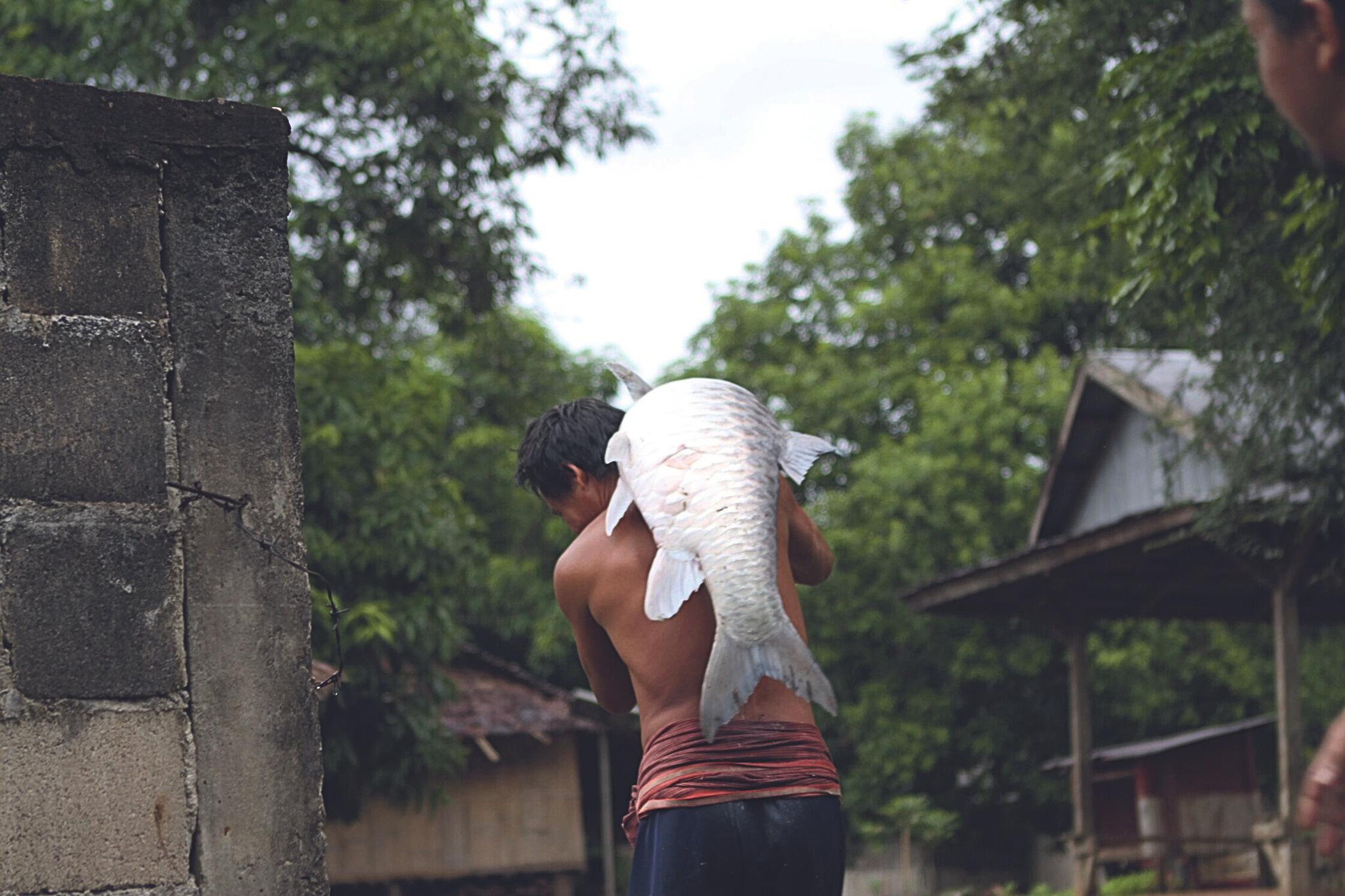
Thank you! We invite you to see the Thank We invite to see the achievements that your support made achievements your support possible. possible.

| 2022 ANNUAL REPORT
Photo: Salween River, International Rivers
Local and Indigenous initiatives
Systemic river protection
Expertise and campaign support

To move the needle on some of the most intractable problems of our day, rivers and freshwater ecosystems must be front and center.
National and international policy

International Rivers brings livedexperience-led solutions to protect and restore rivers to the national and international stage where they can inspire a global movement and achieve systemic change that is sustainable and just.
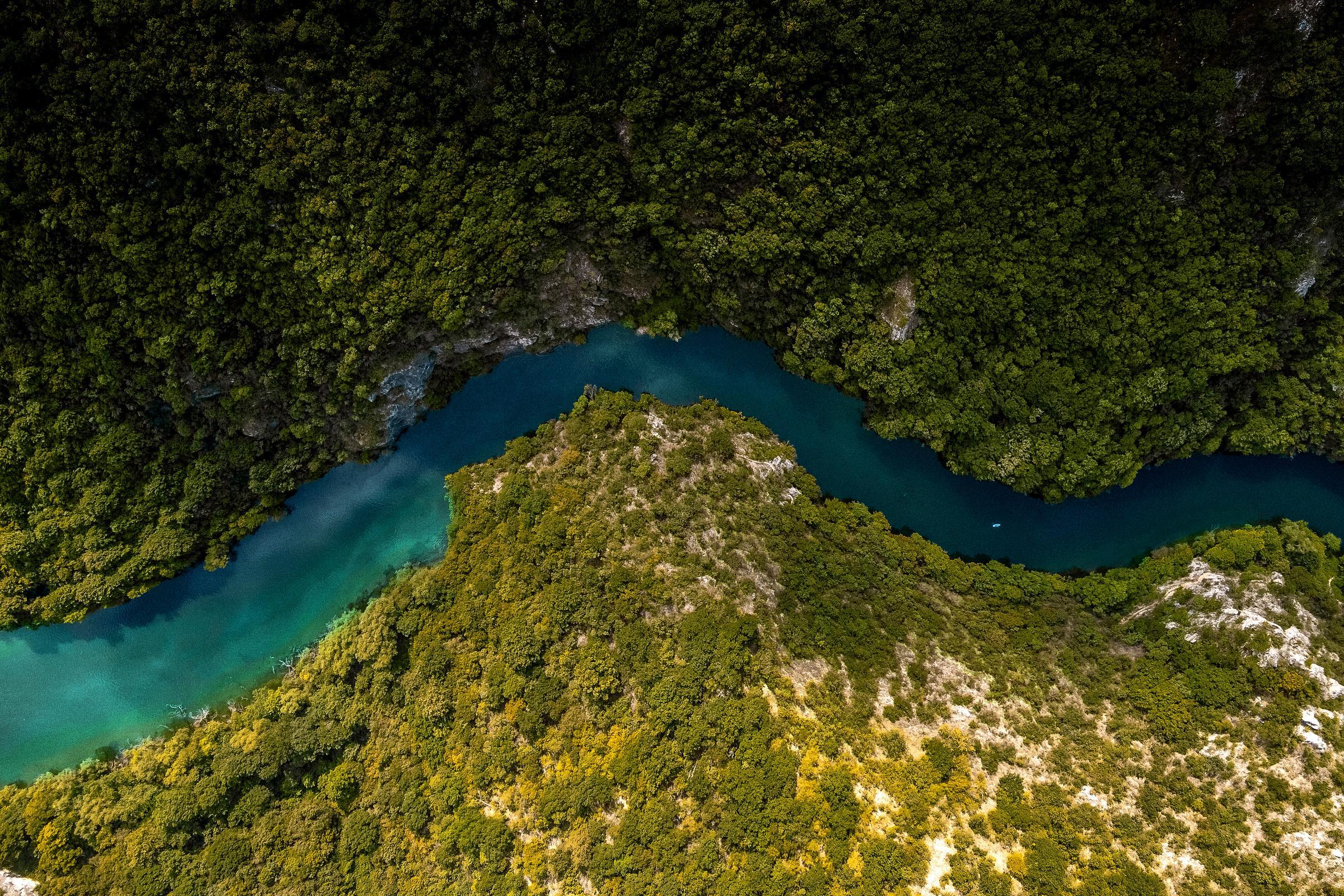 Photo: Azure River, Petar Avramoski
Photo: Azure River, Petar Avramoski
23 women from Asia and Africa participated in the pilot Women and Rivers Accelerator for local and Indigenous river activists
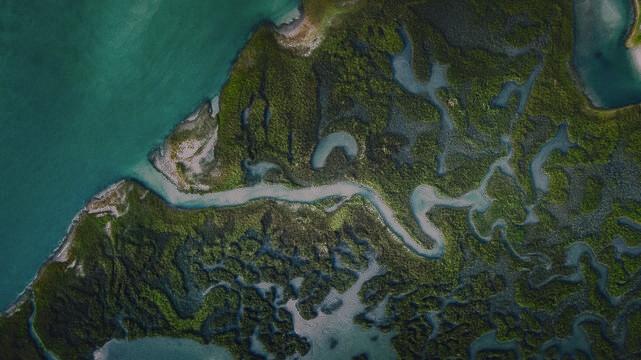
700K+ social media reach
$300,000+ directly supported local and Indigenous partners in Asia, Africa, and Latin America
350+ from
IN SMALL GRANTS
132 quotes and media mentions

groups
30+ countries
took part in International Day of Action, March 14
12 events amplified voices at regional, national, and international forums

| 2022 ANNUAL REPORT
Photo: Alex Diaz
International Day of Action 2022
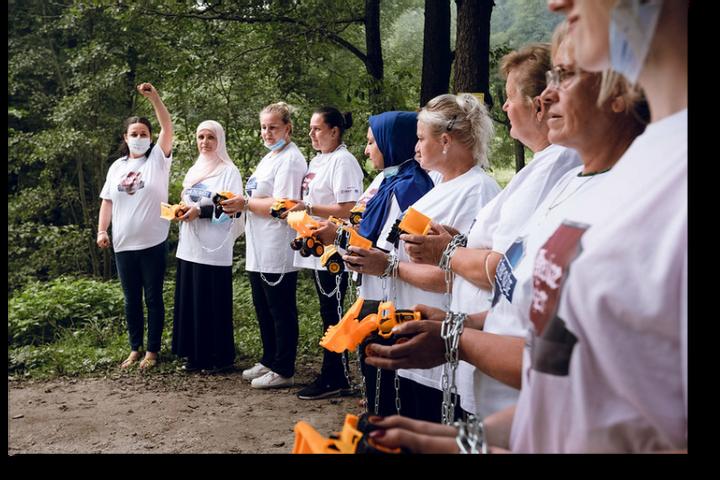
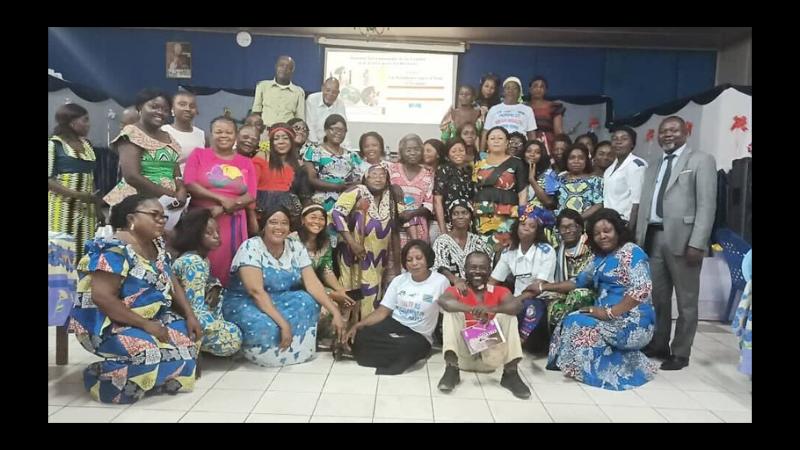
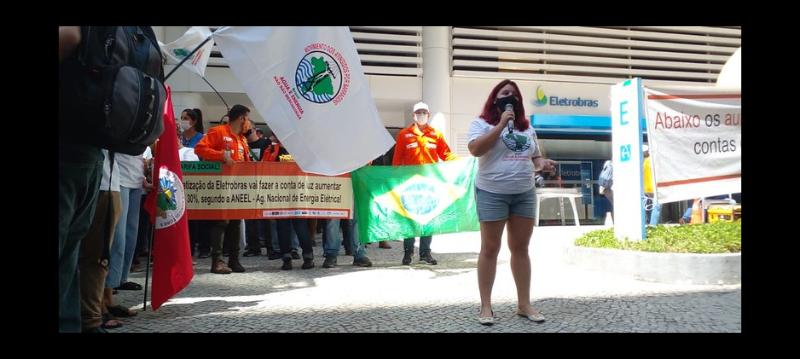
On March 14, hundreds of communities across the globe joined together to advocate for healthy, clean, and free-flowing rivers.
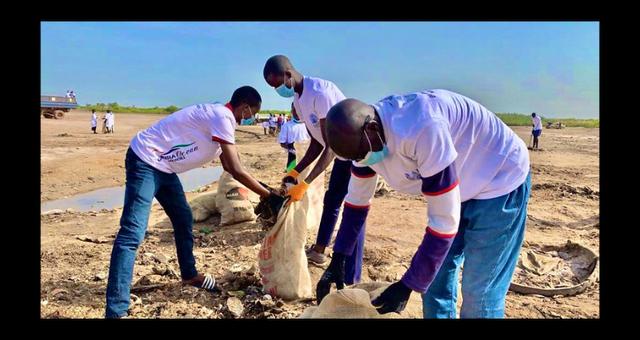
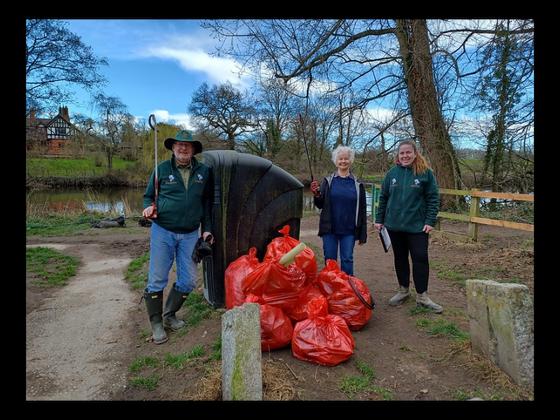
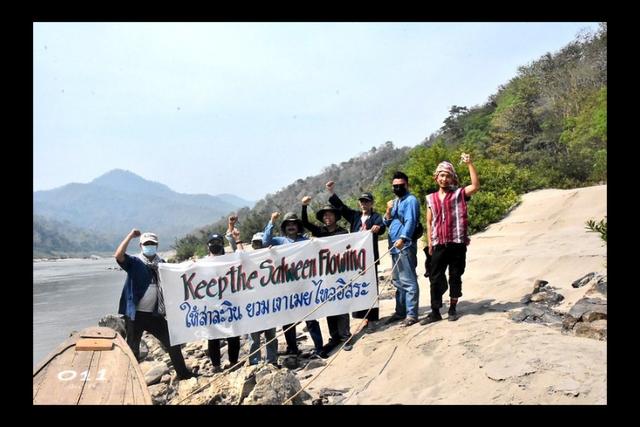
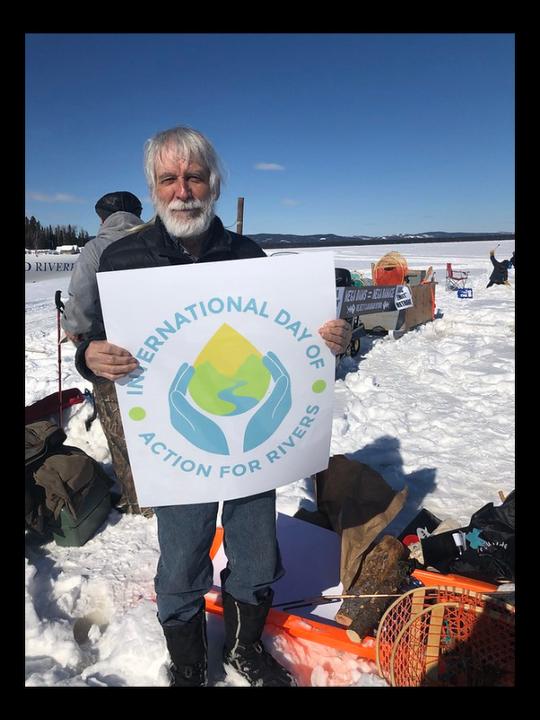
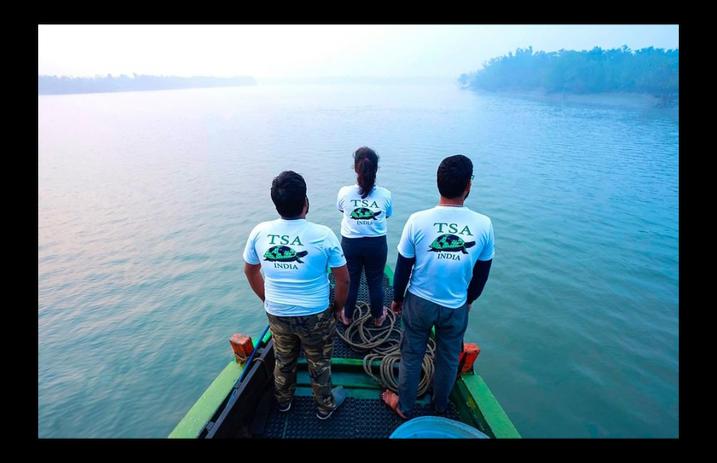 Photos: International Rivers' partners participate in International Day of Action 2022
Photos: International Rivers' partners participate in International Day of Action 2022
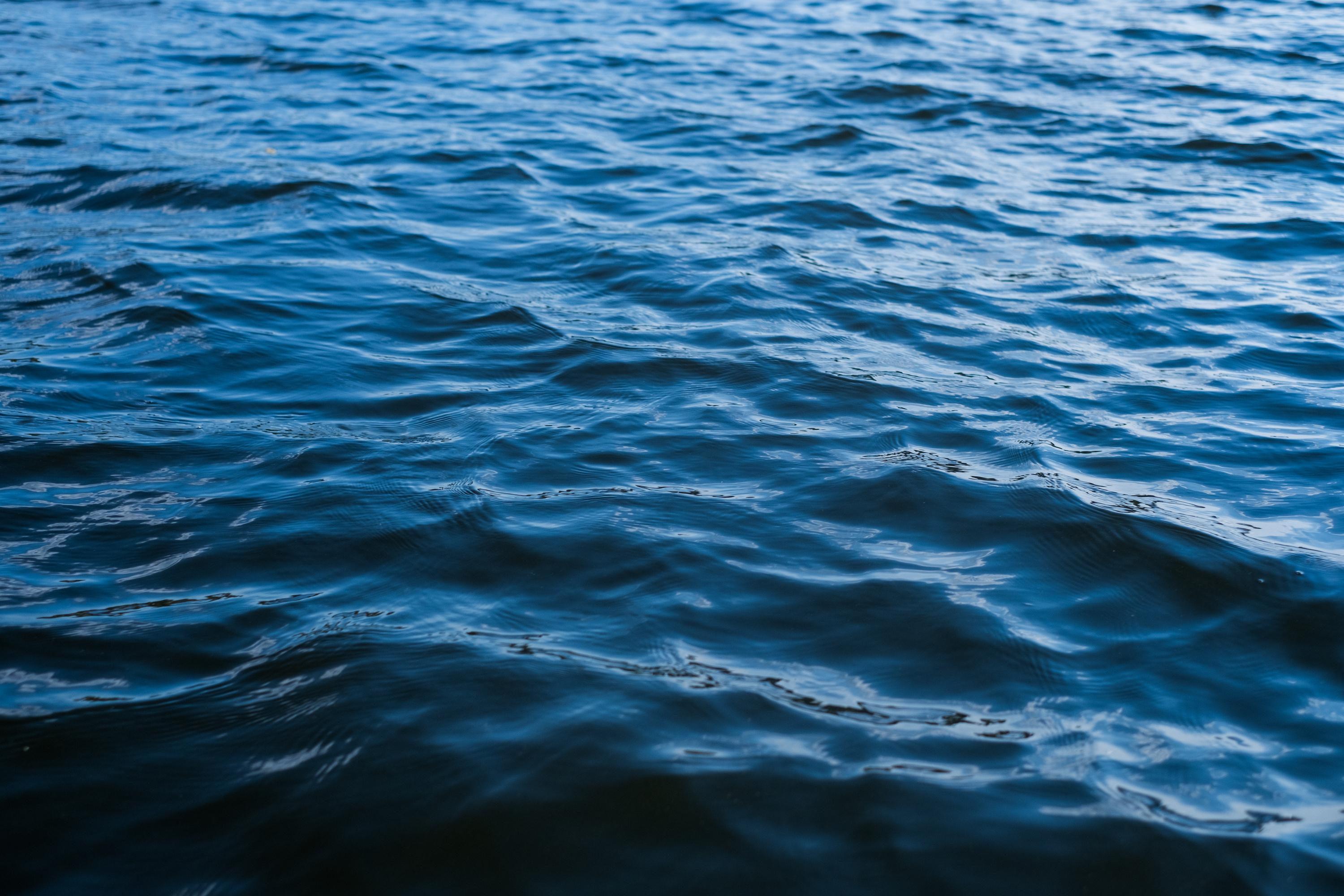


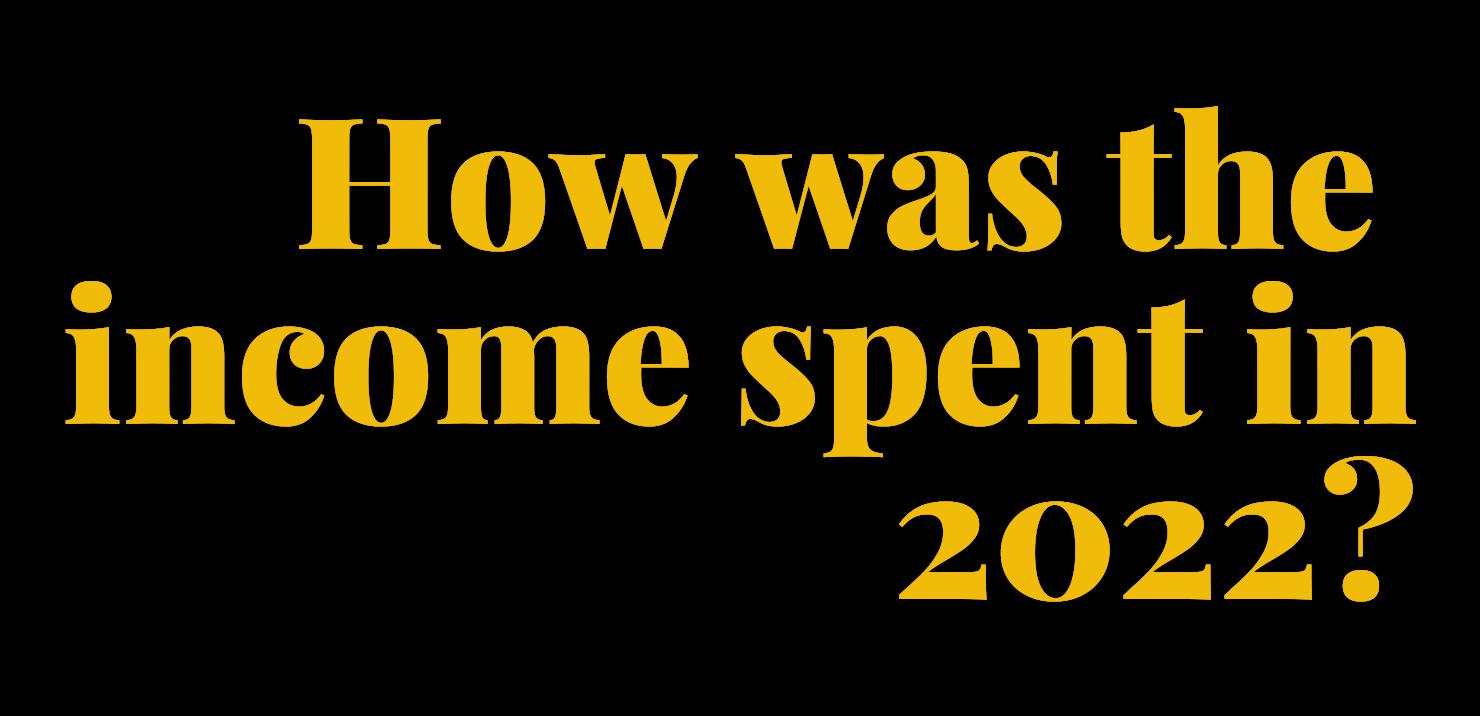
Income Expenses 2022 2021 -20% 2021 2022 $ 1 . 5 M $ 1 . 6 5 M + 9% $ 2 . 2 7 M $ 1 . 9 0 M Source: 2021 audited accounts; 2022 unaudited accounts
Meghan Plowman | 2022 ANNUAL REPORT Campaigns/Programs Management Fundraising 71% 4% 25%
Photo:
You championed river defenders


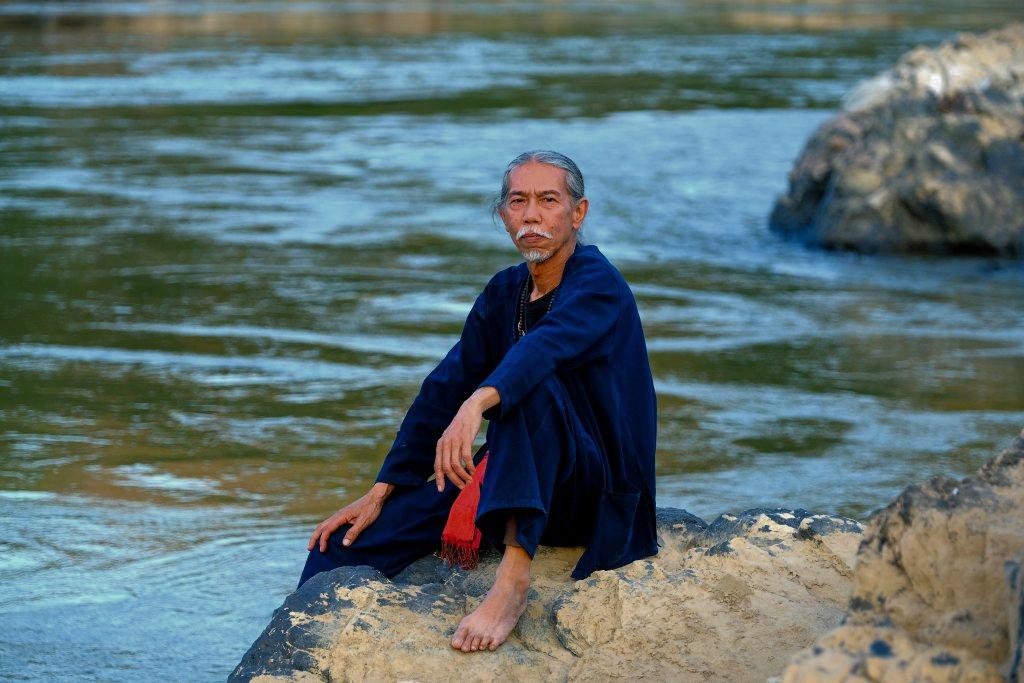 International Rivers partner Niwat Roykaew was awarded the Goldman Environmental Prize for Asia in 2022
Photo: Archive
Photo: Goldman Environmental Prize
International Rivers partner Niwat Roykaew was awarded the Goldman Environmental Prize for Asia in 2022
Photo: Archive
Photo: Goldman Environmental Prize
Growing up on the banks of the Mekong, Niwat Roykaew, known as Kru Thi or "Teacher," witnessed the devastating impact that largescale dams had on his community and the environment.
He continued to do so even as the government proceeded with longstanding plans to blast over 100 kilometers of the river.


Determined to make a difference, Kru Thi began organizing and soon found himself leading an association of 30 local villages to resist the destructive projects planned along the river, including dams and blasting of the river’s rapids. However, government officials and powerful business interests saw Kru Thi as a threat and used intimidation and violence to try to silence him. Despite the opposition, Kru Thi refused to back down and continued to speak out to protect the Mekong and the rights of communities who depend on it.
Kru Thi's dedication eventually paid off. After more than 20 years of struggle, he won a decisive battle to spare his region when the blasting project was canceled – a feat that won him the prestigious Goldman Environmental Prize in 2022.
Kru Thi's efforts continue: as well as advising International Rivers' work in Thailand, he is teaching the next generation of young people how they, too, can protect and defend the river that has sustained them.
| 2022 ANNUAL REPORT
You amplified voices


In 2022, International Rivers helped Indigenous and local partners demand a leadership role in multilateral decision-making
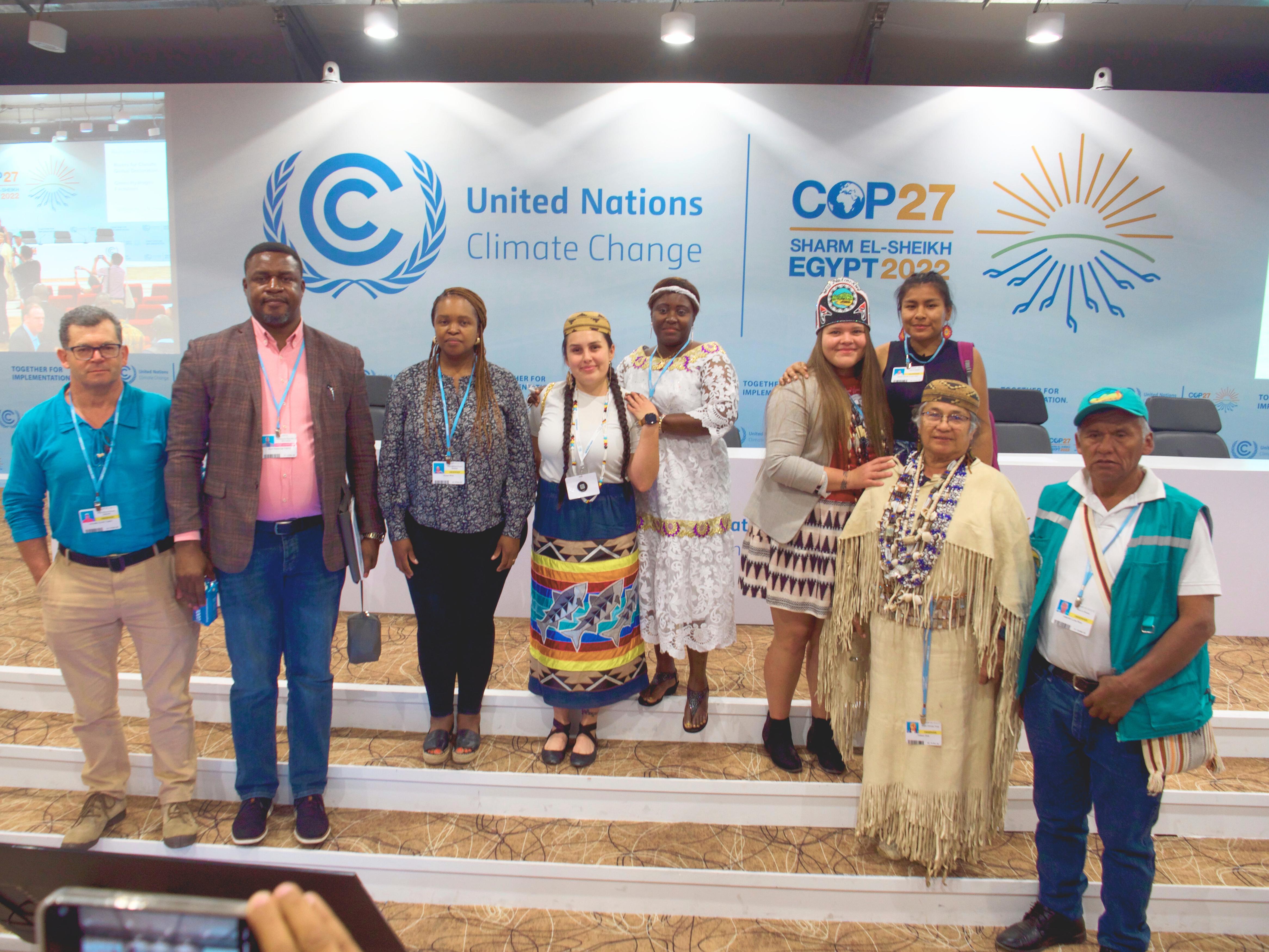 Photo: Weston Boyles
Photo: Weston Boyles
Brook Thompson and Danielle Frank are youth leaders, spearheading the fight for climate justice. Yurok and Hupa tribal members respectively, Brook and Danielle are deeply involved in the cultural and political issues of their communities.
At the COP27 in Sharm el-Sheikh, Egypt, the two leaders shared their firsthand experiences of how dams on the Klamath River have choked it of life for the past century and threatened their traditional ways of life. "Cultures grew up on rivers without rivers, we would not exist,” Danielle said in her speech. Danielle and Brook joined other delegates in advocating for climate financing for Indigenous groups and for the explicit inclusion of their rights in the cover text of the conference proceedings.
.


Although the Loss and Damage Fund established at COP27 is a major breakthrough for countries most affected by climate change, the proceedings do not go far enough in assuring Indigenous Peoples' rights, and the struggle continues.
Nevertheless, there is good news to celebrate. In 2022, the historic decision was reached to remove four dams on the Klamath River — the largest dam removal in history. This monumental step not only represents a triumph for Brook and Danielle's communities, but also serves as a tipping point of river restoration globally and demonstrates unequivocally the central importance of Indigenous activism as part of that effort.
| 2022 ANNUAL REPORT
You kept dams from being built
2022 saw the completion of a major project in Brazil to ensure Indigenous Peoples' right to free, prior, and informed consent – and now the work continues in Africa


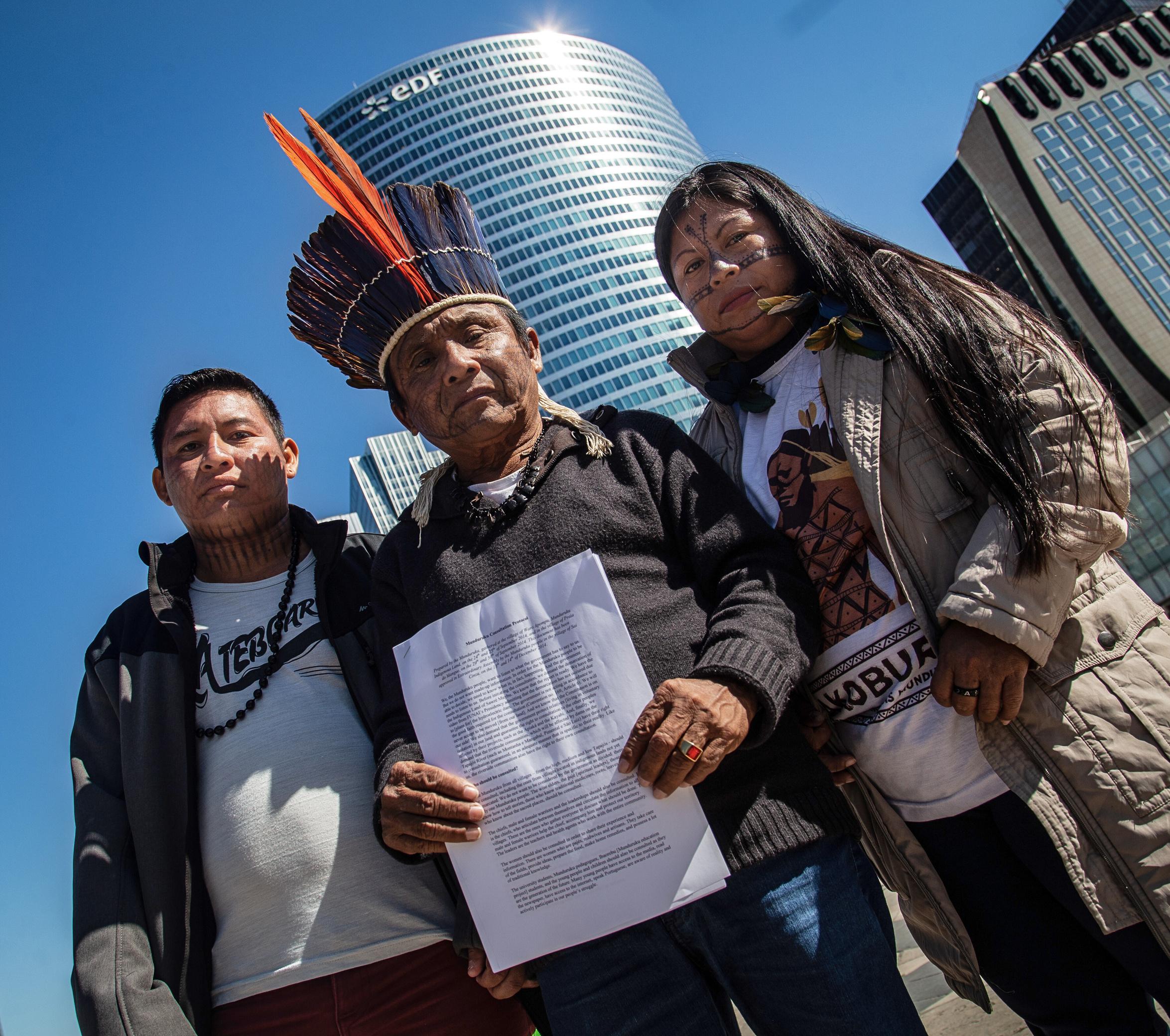 Photo: Munduruku Indigenous leaders, Todd Southgate
Photo: Munduruku Indigenous leaders, Todd Southgate
The year 2022 marked the conclusion of an important project in Brazil to help strengthen river movements against the threat of dams in the Amazon basin. Focused on preventing public financing for destructive dams and the adherence to highest environmental and social standards, this broadbased campaign was successful in halting the São Luiz do Tapajós hydroelectric project in 2016.


FPIC protocols are a valuable tool by which Indigenous communities protect their rights and territories and engage with financiers and developers.
International Rivers worked with the Munduruku to develop these protocols as part of a 6-year project to strengthen dam standards. Since 2016, no major hydroelectric plan financing has gone forward in the Brazilian Amazon.
A key factor in this success was the lack of compliance with the Free, Prior and Informed Consent (FPIC) protocols established by the Munduruku and other Indigenous communities who would have been displaced and harmed by the dam projects.
Based on this success, we have adapted the approach for use in other regions. In 2022, we held the first FPIC protocol workshop with Indigenous Himba communities from Namibia and Angola who oppose the renewed damming of the transboundary Kunene River, which would flood their villages and ancestral lands.
| 2022 ANNUAL REPORT
You empowered women


In 2022, International Rivers held the the first Women and Rivers Accelerator for women river defenders from marginalized communities in the Global South
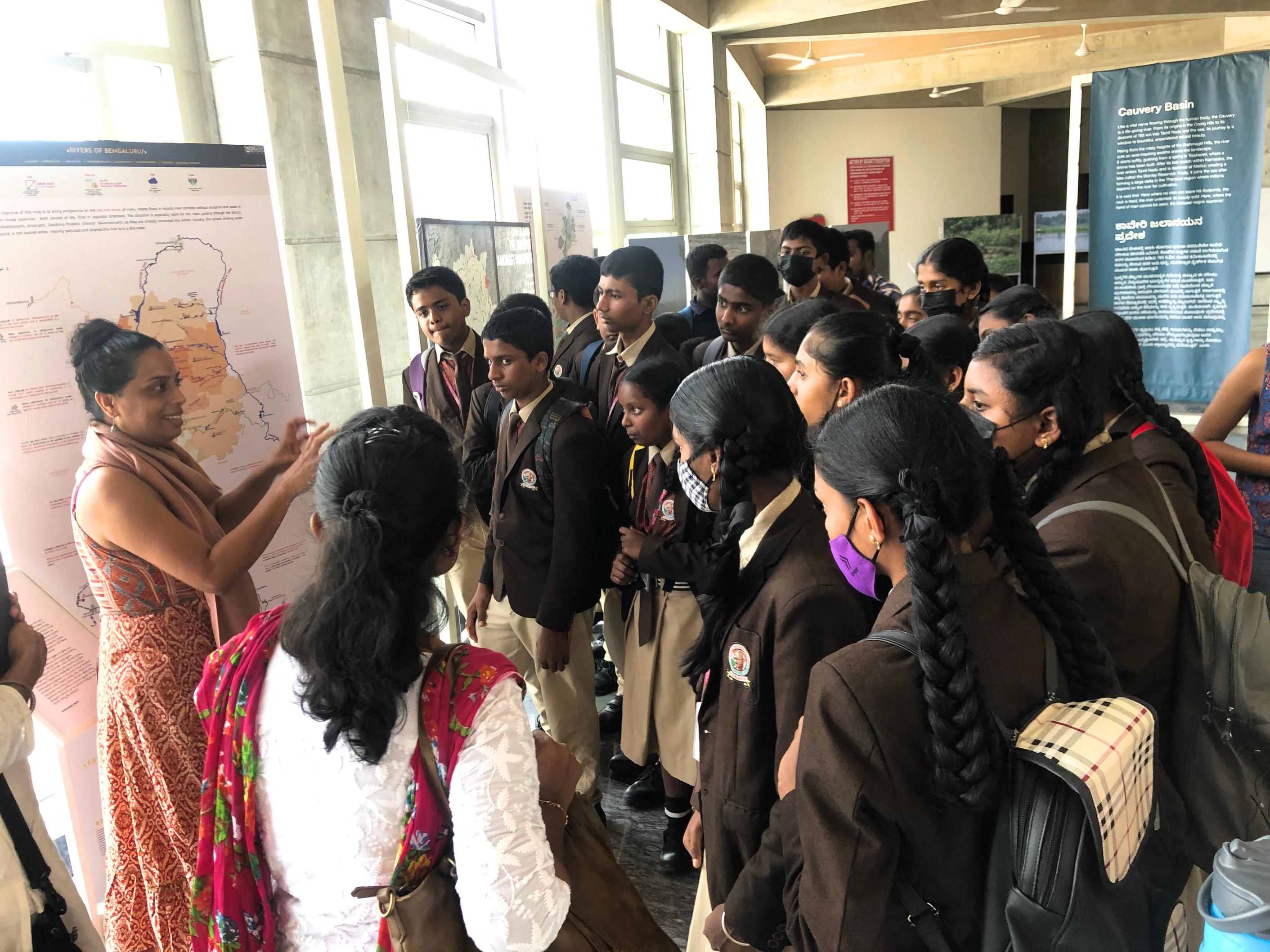 Photo: Archive
Photo: International Rivers
Photo: Archive
Photo: International Rivers
At the pilot of the Women and Rivers Accelerator, Nirmala Gowda and Violet Matiru crossed paths across continents. The Women and Rivers Accelerator – also known as WARA – is a new 3-month leadership program for Indigenous and local river activists. It provides much-needed opportunities for women to share knowledge, learn skills, and make connections.


knowledge-sharing. The app piqued Violet's interest as the perfect tool to support her work monitoring the health of the Athi River.
Nirmala and Violet are now embarking on a joint project using the app to collect valuable local and Indigenous knowledge about the Athi River and its ecosystem.
Nirmala Gowda, from India, is an expert in GIS mapping for water management. Violet Matiru is a Kenyan environmental scientist who works on promoting sustainable development and river conservation, focusing on the Athi River basin.
As part of the program, Nirmala shared an app she had developed to facilitate community
This is just the beginning of their shared vision to achieve a common goal of promoting sustainable river conservation. The collaboration between these two leaders is an example of the importance of the Women and Rivers Accelerator to bring together women from around the world who, in protecting rivers in their community, are also joining forces as global citizens of the world to ensure clean, healthy, free-flowing rivers for us all.
| 2022 ANNUAL REPORT
2022 Annual Report
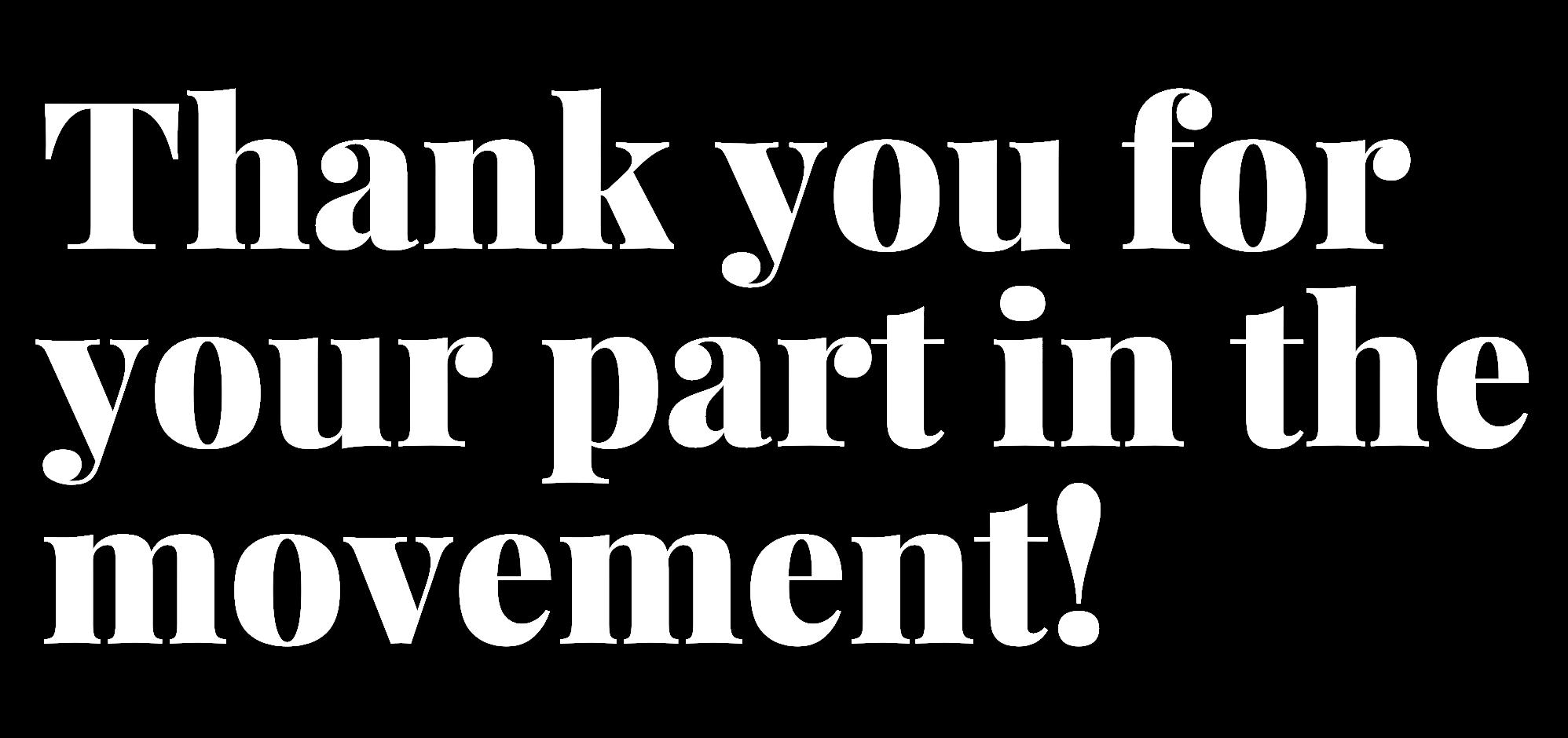

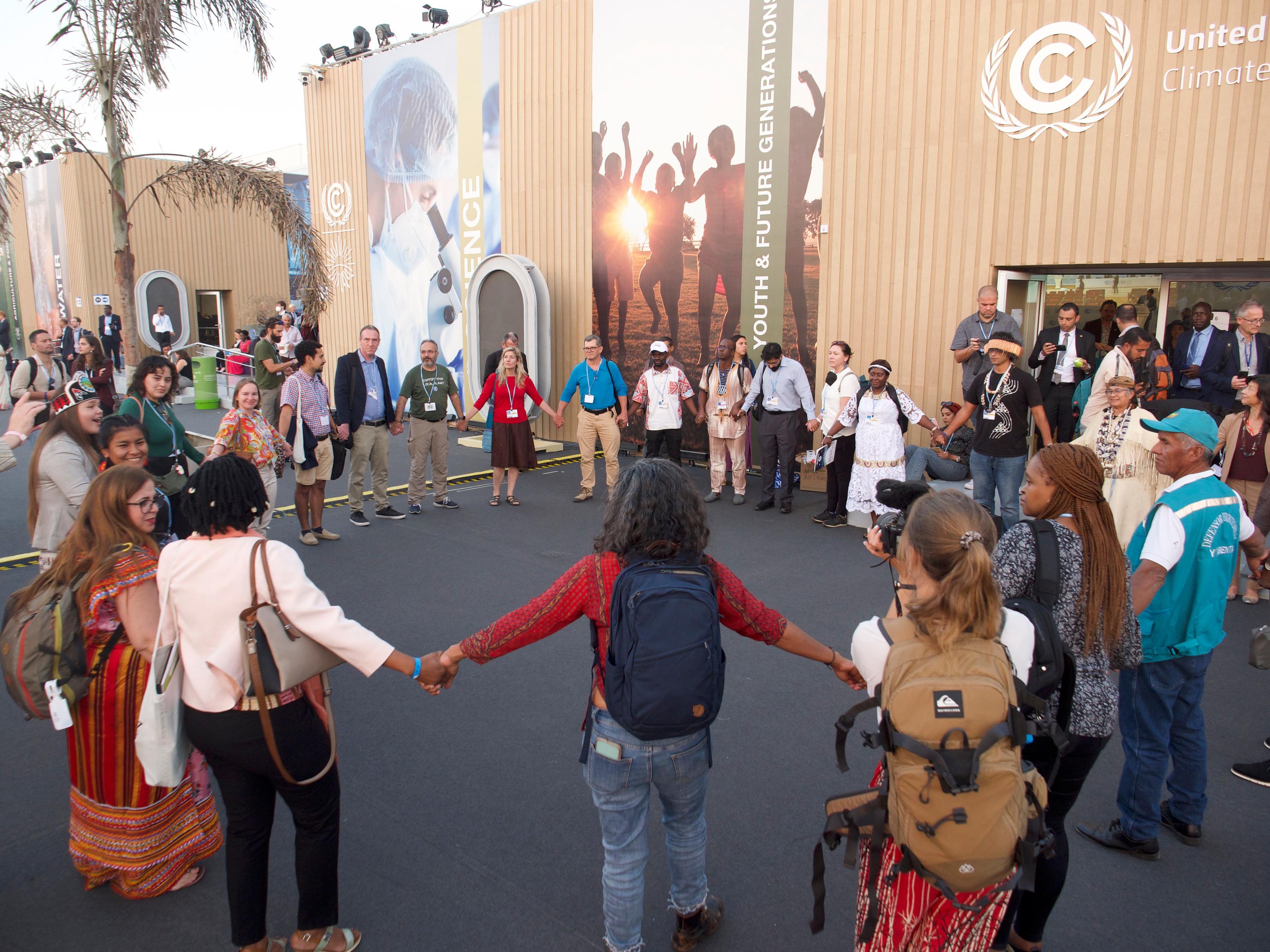 Photo: Archive
Photo: Weston Boyles
Photo: Archive
Photo: Weston Boyles



 Photo: Congo River, Ollivier Girard/CIFOR
Photo: Congo River, Ollivier Girard/CIFOR





 Photo: Azure River, Petar Avramoski
Photo: Azure River, Petar Avramoski











 Photos: International Rivers' partners participate in International Day of Action 2022
Photos: International Rivers' partners participate in International Day of Action 2022





 International Rivers partner Niwat Roykaew was awarded the Goldman Environmental Prize for Asia in 2022
Photo: Archive
Photo: Goldman Environmental Prize
International Rivers partner Niwat Roykaew was awarded the Goldman Environmental Prize for Asia in 2022
Photo: Archive
Photo: Goldman Environmental Prize

 Photo: Weston Boyles
Photo: Weston Boyles
 Photo: Munduruku Indigenous leaders, Todd Southgate
Photo: Munduruku Indigenous leaders, Todd Southgate
 Photo: Archive
Photo: International Rivers
Photo: Archive
Photo: International Rivers

 Photo: Archive
Photo: Weston Boyles
Photo: Archive
Photo: Weston Boyles



